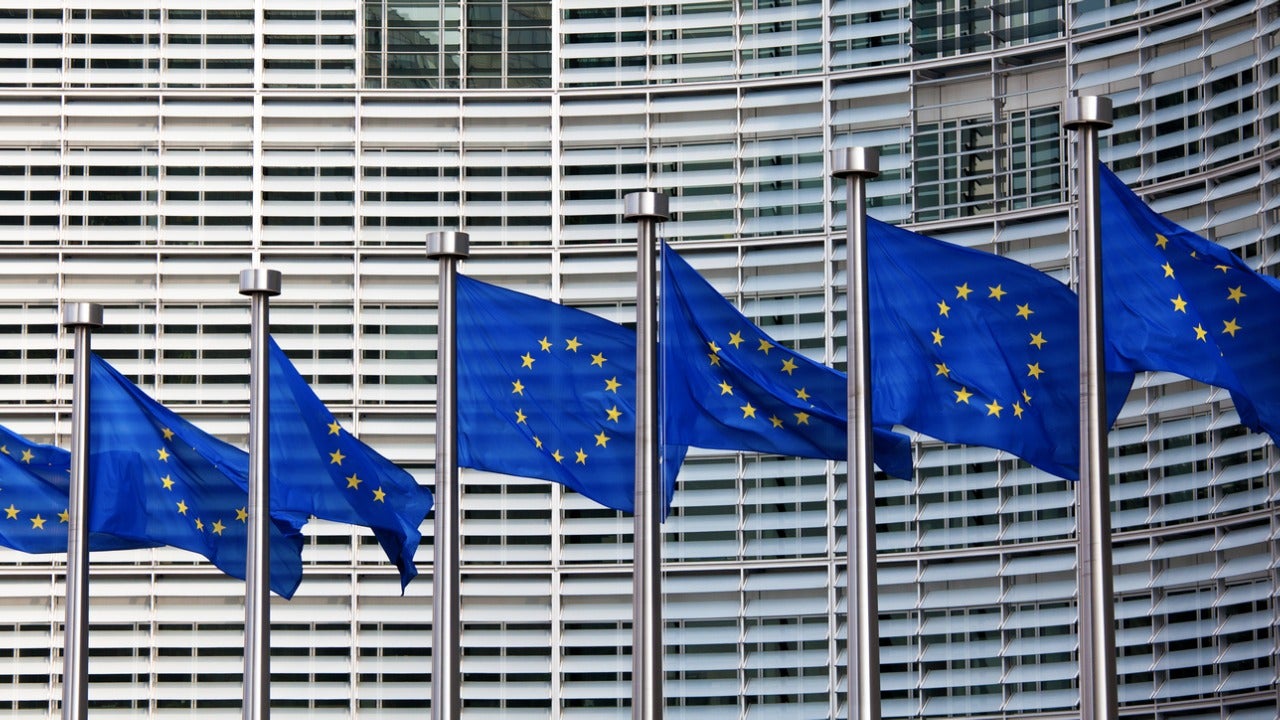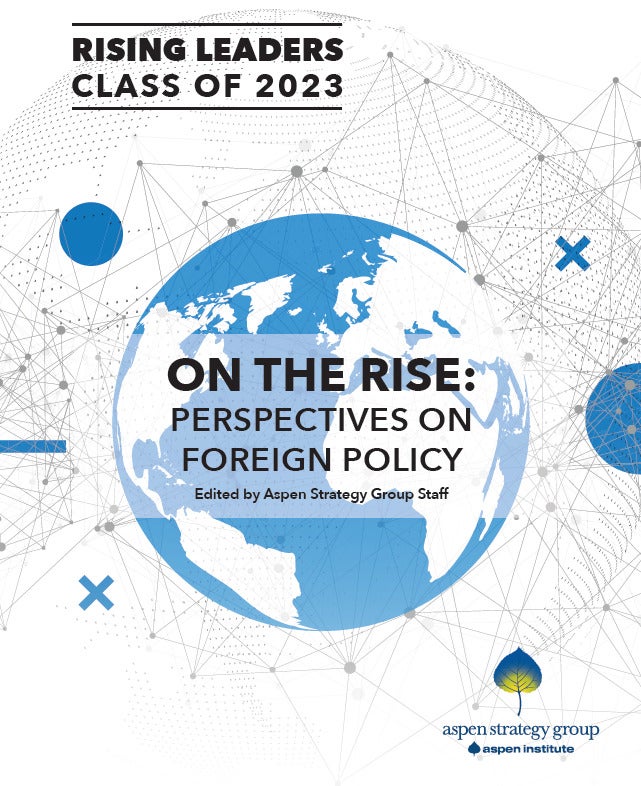As it does each summer, the Aspen Strategy Group convened in Aspen in August to discuss and formulate expert nonpartisan advice on one major national security issue. But when four members of the group — two who had worked for Republican administration and two for Democrats — took the public stage as part of the Hurst Lecture Series (watch the full video of the event), the overarching issue they were asked about was the major shift in American foreign policy under President Donald Trump — and its impact.
President Obama’s national security advisors, Tom Donilon and Susan Rice, suggested that upsetting the liberal world order that’s been in place since the end of World War II has been damaging, perhaps irreparably. Frayed relations with traditional allies, cozying up to more authoritarian leaders, launching trade wars, and withdrawing from various international commitments “have left the world questioning the United States’ constancy, values, and our ability to be a source of stability, strength, and predictability in the global order,” said Susan Rice.
With the United States now a “net exporter of uncertainty” and the “reemergence of great power competition” not seen since the Cold War, said Donilon, it’s unclear where Trump stands on the United States’ traditional role as leader of the free world.
Two officials from the George W. Bush administration, Condoleezza Rice and Stephen Hadley, argued that the traditional world order hasn’t been working for many people and that it’s important to look beyond Trump’s bluster on some of these pressing issues.
Trump’s approach is “an evolution in American foreign policy, not a revolution,” said Condoleezza Rice, who served as national security advisor and then secretary of state under Bush. A believer in free trade, immigration, and democratization as positive forces, she noted that problems in those areas have been building for some time.
“Let’s not deceive ourselves that this is just about Donald Trump,” she said. “The erosion in the system over the last 70-plus years is a longer story.”
Stephen Hadley, Bush’s second national security advisor, noted that “Trump was elected to be a disruptor, and he’s doing it.” He’s the first political populist to become president of the United States, Hadley said, because “a good chunk of Americans felt victimized by globalization, threatened by immigration, abandoned by politicians, and betrayed by elites.”
Like his colleagues, Hadley expressed concerns about the erosion of diplomacy and lack of world democratic leadership. But he also underscored the need to get past political labels and work together.
“We have one president at a time, and if the president succeeds, the country succeeds, and if the president fails the country fails,” he said. “What I like about the Aspen Strategy Group is getting together on a bipartisan basis and coming up with ideas that might help this administration succeed in some of these things.”


